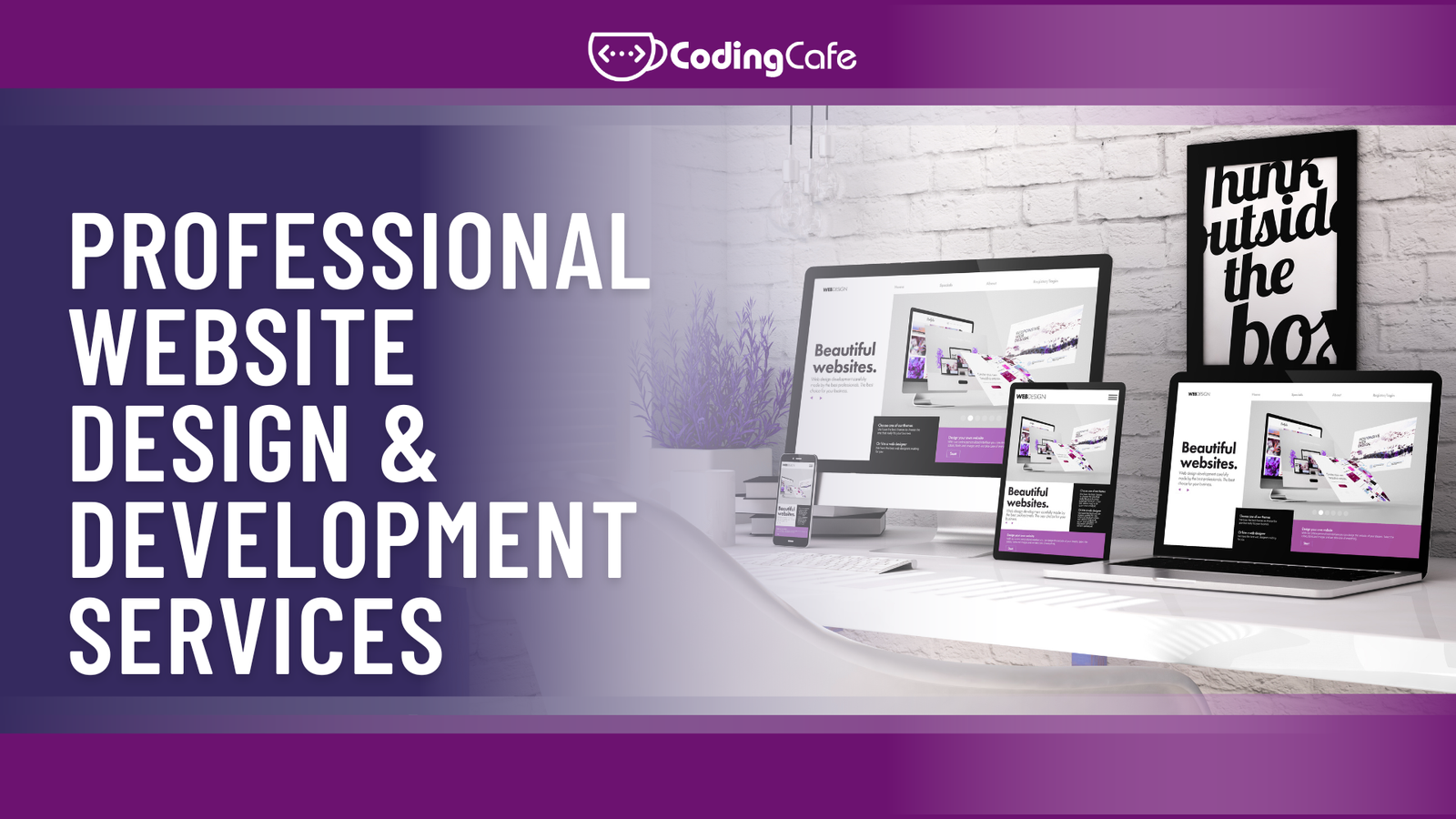In the dynamic landscape of immigration services, where efficiency and accuracy are paramount, the role of a leading CRM development company becomes increasingly vital. This blog delves into the journey of crafting an effective Immigration CRM, exploring the key milestones that shape its transformative development.
1. Needs Assessment: The journey begins with a comprehensive needs assessment, where the specific requirements and challenges of immigration services are thoroughly examined. This phase lays the groundwork for understanding the unique processes that the CRM must address.
2. Regulatory Compliance Integration: Ensuring adherence to immigration regulations is non-negotiable. A milestone in CRM development involves the seamless integration of all relevant compliance standards and legal requirements. This ensures a secure and compliant platform for handling sensitive immigration data.
3. User Requirement Specification (URS): Crafting a successful CRM involves collaboration with immigration officers, case managers, and stakeholders. The User Requirement Specification document becomes a milestone, serving as a blueprint that outlines the functionalities and features essential for the system’s success.
4. Customization for Immigration Processes: One size does not fit all, especially in the complex realm of immigration. A significant milestone is achieved by tailoring the CRM system to accommodate the intricacies of immigration processes, from application processing to document verification.
5. Integration with Government Databases: Real-time data verification is a game-changer, facilitated by a top-notch CRM development company. The integration of the CRM system with government databases becomes a pivotal milestone, ensuring accuracy in processing applications and maintaining up-to-date records.
6. Document Management System: Managing the extensive paperwork associated with immigration processes requires a sophisticated Document Management System within the CRM. This milestone involves creating a secure environment for the storage, retrieval, and sharing of crucial documents.
7. Communication and Notifications: Transparency and effective communication are keystones in immigration services. The development milestone here involves implementing communication tools that facilitate seamless interaction between immigration officers, applicants, and relevant authorities.
8. Biometric Data Integration: In cases where biometric data is part of the immigration process, a milestone is achieved by seamlessly integrating biometric data handling capabilities, expertly executed by a leading CRM development company. This ensures secure and compliant storage of fingerprints, facial recognition data, or other biometric information.
9. Mobile Accessibility: Acknowledging the mobility required in immigration services, a significant milestone is the development of a mobile-friendly version of the CRM system. This facilitates on-the-go access for immigration officers, enhancing their ability to manage tasks efficiently.
10. Training and Adoption: A milestone often overlooked is the successful training and adoption of the CRM system. Implementing a comprehensive training program ensures that immigration officers and staff are proficient in using the CRM, maximizing its potential.
Conclusion: The journey of developing an Immigration CRM is a transformative one, marked by critical milestones that pave the way for enhanced efficiency, accuracy, and transparency in immigration processes. It is the collaborative effort of a skilled CRM development company that turns these milestones into a seamless, efficient, and future-ready solution for immigration services. The result? A transformative CRM that empowers immigration services to navigate their processes with unprecedented ease and effectiveness.



